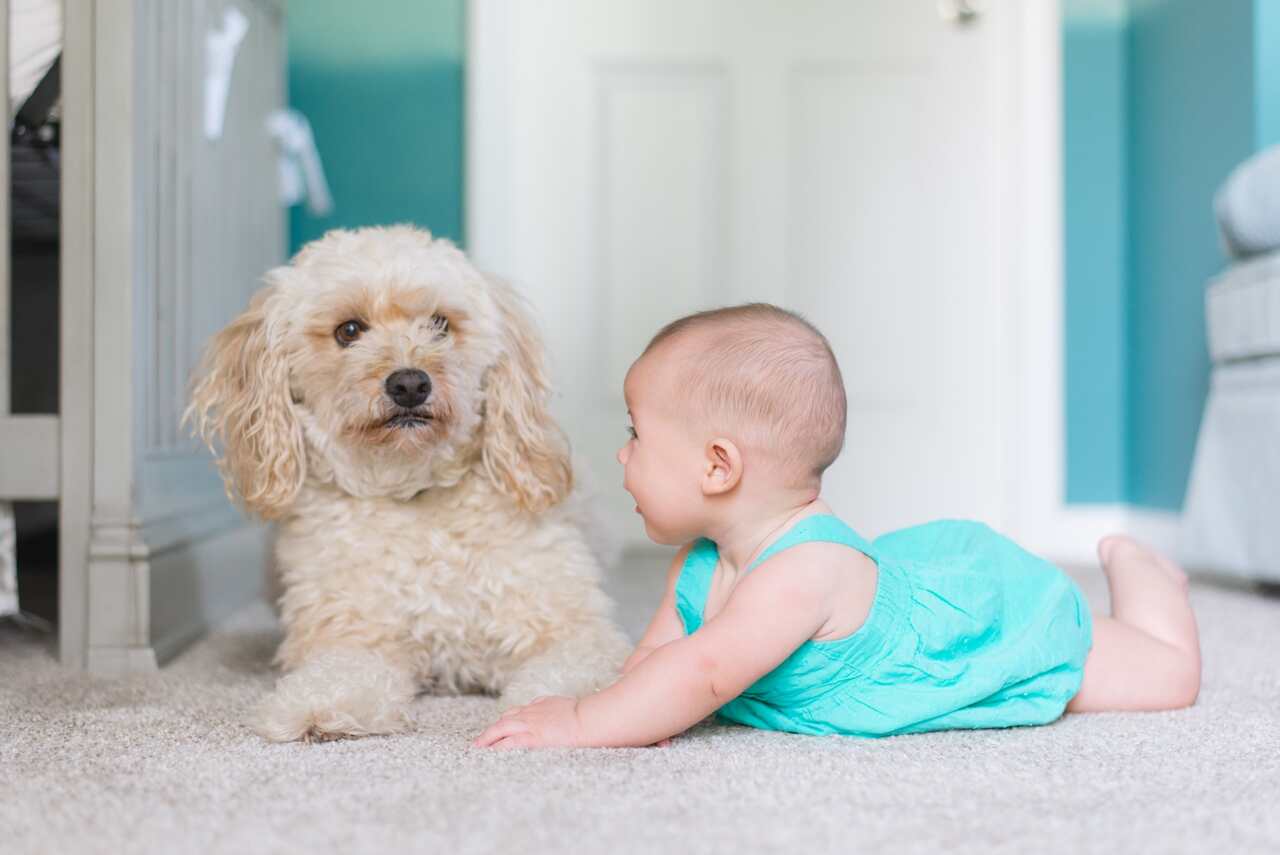
Thinking of gifting a pet to your child during the holiday season? Then it’s important to keep in mind that some pets are not as suitable for children. Understand more!
+ New Study Investigates Why Some Dogs Are Especially Intelligent
+ Optical Illusion Challenge: Try to Find the 7 Dogs Hidden in the Park
Best pets for children
In a conversation with the Baby Center website, Dr. Carly Fox from the Schwarzman Animal Medical Center in New York shared that dogs and cats are excellent pet options for children. In terms of breeds, Dr. Fox recommended Labrador, Poodle, Pitbull, Cavalier King Charles Spaniel, Havanese, and Pug.
As for cats, she did not specify any particular breed but cautioned that Bengal, Savannahs, and Siamese cats have a somewhat more challenging temperament, although it’s impossible to know a pet’s personality before living with it.
Fish, rats, and guinea pigs also made the list of good pets for children. However, make sure to supervise children’s interactions with these smaller pets and ensure their dietary needs are met.
Worst pets for children
Despite rats being on the list of good options, Dr. Fox recommended steering clear of rabbits, mice, gerbils, and hamsters. “Small mammals are delicate and require specialized handling – and this can be difficult for young children to learn due to their curious nature,” explained the expert.
Ferrets, on the other hand, tend to bite when they feel threatened, and children may not understand this. They are also adept at escaping and will head straight for any open door. You’ll need to dedicate many hours to train the ferret and constantly search for things they’ve hidden, like socks, dish towels, among others.
Birds are popular because they are beautiful, relatively inexpensive, and friendly with humans. However, they fall into the worst category because young children may have difficulty handling them carefully and might forget to close the cage door.
Turtles, snakes, iguanas, and frogs may be good options for allergic children, but they can carry germs and dislike being hugged, which can lead to frustration. Additionally, these pets fall into the “exotic” category, according to the veterinarian.
“All of these animals still require veterinary care and a specialized vet. Most veterinarians are not trained or equipped to treat these pets,” explained Dr. Fox. So, before choosing an exotic animal, be aware that you’ll need a prepared specialist for the best care.

